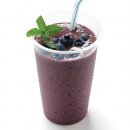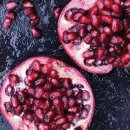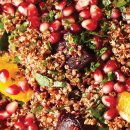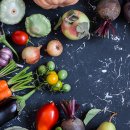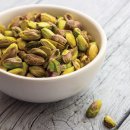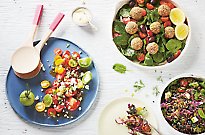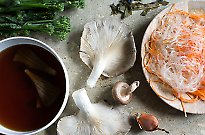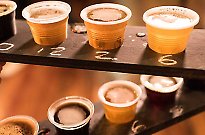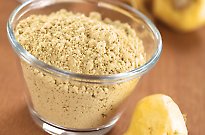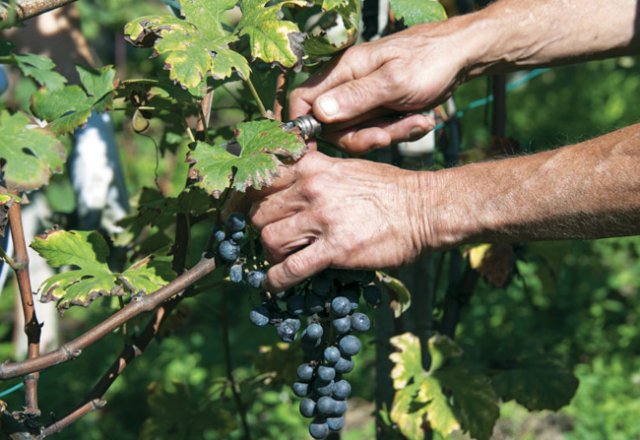
Australia leading the way for sustainable wine production
Australia leading the way for sustainable wine production

Organic versus biodynamic
The concept of biodynamic farming originated in the 19th century from Austrian philosopher Rudolf Steiner and takes its principles from the ecology and interdependence of all of nature, including the effect of the lunar cycle on planting and farming. Organic farming is simply a form of biodynamic farming that potentially eliminates harmful chemical pesticides and reduces necessity for irrigation (with humus in soils enhancing water retention).
Angove Family Winemakers is currently certified with the US Department of Agriculture NOP (National Organic Program) and ACOS (Australian Certified Organic Standards) and is becoming one of the leaders of this small, albeit growing, market for organic wines in Australia. They do not claim to be biodynamic; however, their philosophy is similar. Angove use no artificial herbicides, pesticides or fertilisers for their organic range of wines. An ideal organic herbicide used is pine oil – the oil and sap from the tree, making it a natural product to use, while copper and sulphur are the natural fungicides approved for use in organic viticulture. It became apparent that weeds and natural grasses could also play an important part of the holistic approach to organic farming as they provide a host for natural insect predators. Having undergrowth and mid-row growth is also an indication of life and a healthy environment for natural fungi, bacteria and microbes, giving the vineyard biodiversity and life.
Preservatives in your plonk
Do you blame the preservatives in your wine for giving you those awful headaches? In actual fact, there are other substances in wine that may aggravate allergies. Oak-derived tannins (more likely found in red wines) can provoke allergic reactions by promoting histamine production – causing headaches and, more than likely, a hangover after one sip! A great way to test whether you are allergic to sulphur dioxide is to try eating dried apricots and see if there are any symptoms. It’s the same kind of preservative that is used to protect dried fruit sold in supermarkets.
Certified organic wine can have a maximum of 100ppm (parts per million) sulphur dioxide (SO2) in Australia, compared to conventional wines that have up to 300ppm. It’s important to understand how wine is labelled in order to be clear on what you are consuming. For instance, wine that is labelled ‘preservative free’ has absolutely no preservatives, whereas wine that is labelled ‘no preservatives added’ can have some from the fermentation process.
What about the taste?
“If organic wine production has increased, it is because the producers have realised that they could make better wine,” says Jean-Marc Carité, winemaker and editor of the French Vin bio magazine.
The production of wine through organic means is not a new concept; the history of winemaking spans thousands of years – before toxic pesticides and fertilisers became available. It therefore seems fitting that we should be reclaiming our taste for more traditional organic wines that celebrate the authentic taste of the region from which it’s made. Nourish chatted to Angove Family Winemakers chief wine maker Tony Ingle about the future of organic winemaking.
NOURISH: Why are there not more organic wine producers here in Australia?
Tony Ingle: I’m not sure, as we have a great climate for organic food production. Perhaps we have traditionally seen ourselves as ‘green’ anyway, so we don’t recognise a need to certify ourselves as organic. We have probably also, in the past, been very keen on embracing new technology and finding new ways to do stuff – a great Aussie strength. Agriculture is no different to other industries and producers are always looking for new technology to help them be competitive. Sometimes one needs to step back and see that simple is often better.
N: What made Angove start producing organic wine?
TI: It makes sense. Minimal input and nurturing our assets for the next generation is fundamental to our family ethos. We want to be around in another 120-odd years and the only way to do that is to ensure that everything we do is getting better all the time.
N: Do you think the wine tastes different to non-organic wines?
TI: Yes, it does. There is an earthiness to the wines and a clearer expression of the region and variety. Hence, we are tending to organic and biodynamic production for all our premium grapes where possible, even if they are not accredited.
Browse our Food & Diet section for more articles or follow us on Facebook.

